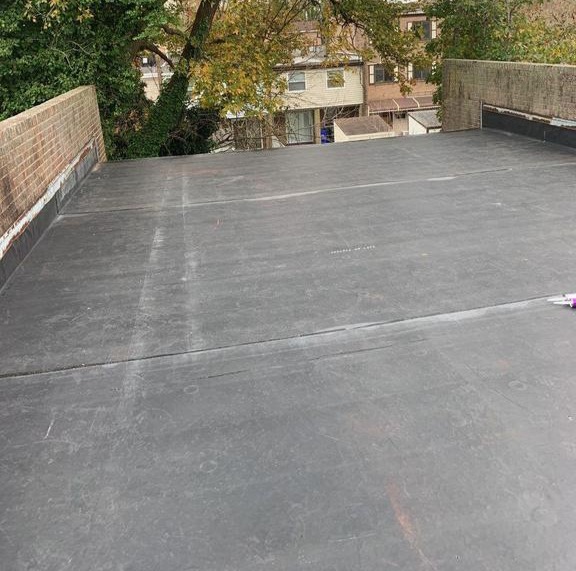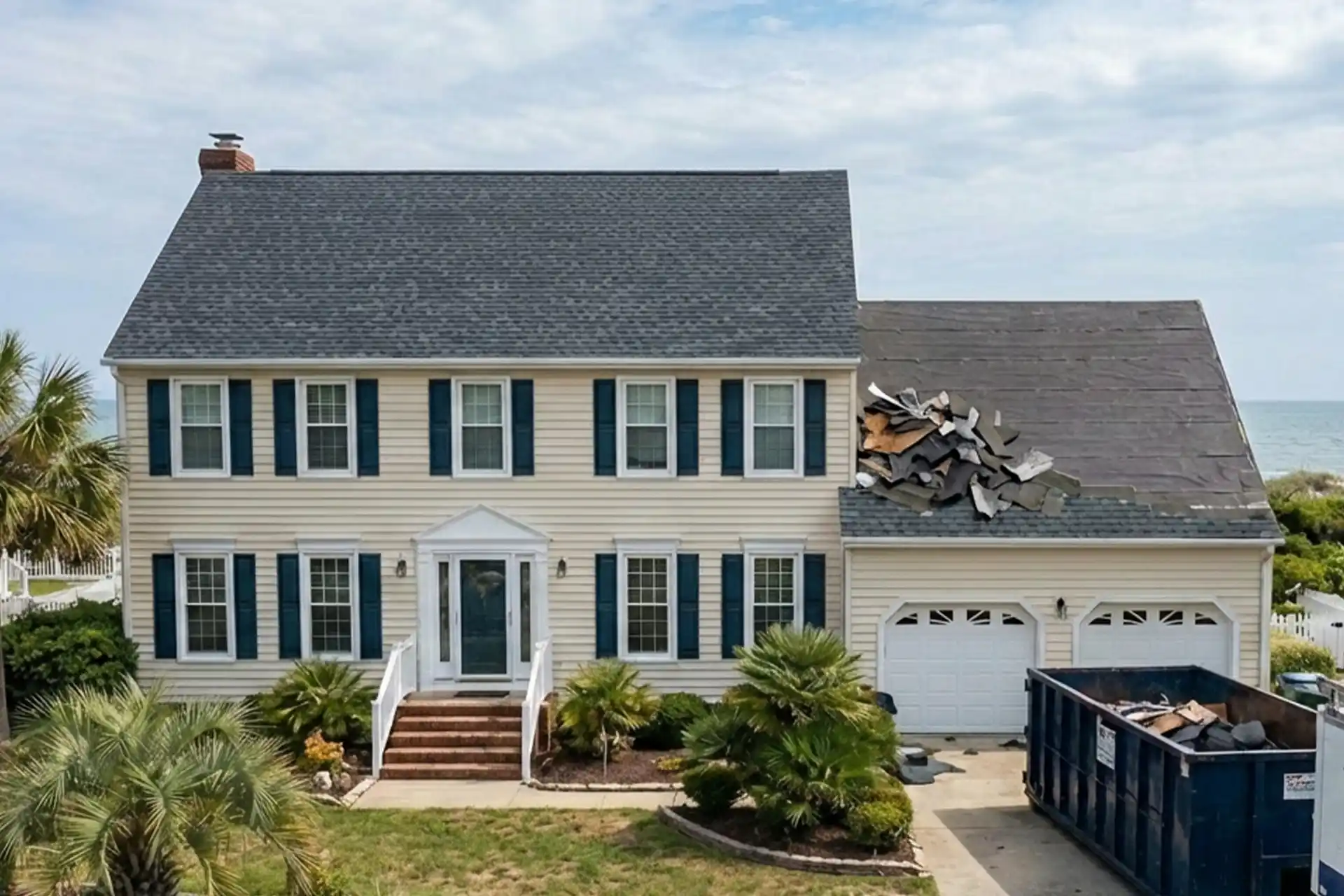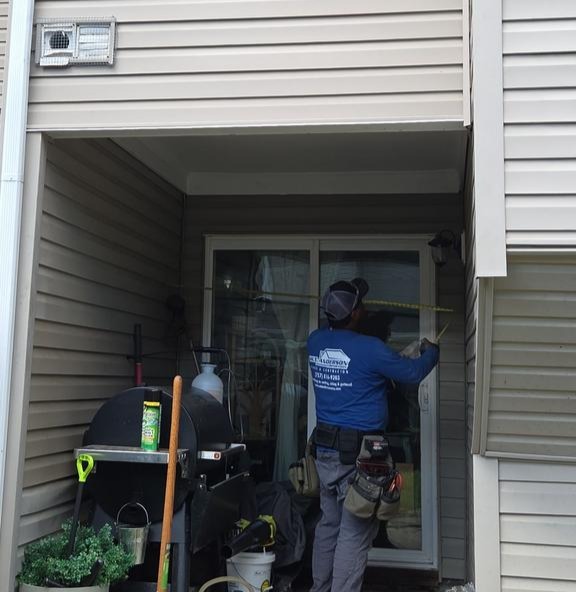The impact of salt air on roofing materials in coastal Virginia
Use our quick contact form to get in touch with our team. We will respond shortly.

Living in a coastal region like Virginia Beach offers scenic views and fresh ocean air—but it also exposes your home to unique environmental stressors. Chief among these is salt air, which can silently and steadily degrade your roofing materials over time. Understanding how salt air impacts your roof and choosing materials designed to resist corrosion can make a huge difference in your home’s protection and longevity.
Why Is Salt Air a Problem for Roofs?
Salt particles carried by ocean breezes settle on surfaces, including rooftops. Over time, these salt deposits:
- Corrode metal components (flashing, nails, gutters)
- Accelerate the breakdown of protective coatings
- Encourage algae and mildew growth
- Shorten the lifespan of roofing systems
This is particularly concerning for homes that are within a few miles of the ocean, where salt exposure is constant and concentrated.
Roofing Materials Most Vulnerable to Salt Air
Metal Roofing (Uncoated or Improperly Sealed)
Metal roofs can be a great option for coastal homes, but only when they’re properly coated or made from corrosion-resistant metals like aluminum. Galvanized steel, for instance, will corrode quickly in salt-rich environments if not protected.
Standard Asphalt Shingles
While cost-effective, standard asphalt shingles are not specifically designed for salt air conditions. Without algae-resistant or coastal-grade materials, these shingles may discolor, crack, or lose granules prematurely.
Salt-Resistant Roofing Materials for Coastal Homes
Aluminum Roofing
Naturally resistant to rust and corrosion, aluminum is a top choice for metal roofs in coastal regions. It holds up well even in direct salt exposure.
Synthetic Roofing Materials
Rubber, polymer, or plastic-composite roofing mimics slate or wood but resists moisture and salt air damage far better.
Architectural Shingles (Coastal Rated)
Many manufacturers now offer shingles rated for high humidity and coastal performance. These feature stronger adhesion, algae resistance, and reinforced materials.
Maintenance Tips for Homes in Salt-Air Zones
- Regular Roof Cleaning: Wash off salt deposits and debris at least twice a year.
- Inspect Metal Components: Flashing, vents, and nails should be inspected regularly for signs of corrosion.
- Gutter Maintenance: Salt and debris can build up in gutters—flush them out to prevent overflow and material damage.
- Use Coastal-Grade Fasteners: Stainless steel or coated fasteners will last longer than standard galvanized ones.
Why Work with Local Roofers in Virginia Beach
A trusted roofing company in Virginia Beach like WT Anderson understands how coastal air affects materials over time. We recommend and install roofing systems designed specifically for this climate and offer ongoing support to help your investment last longer.
Learn more about our coastal roofing solutions.
Schedule a free on-site roof evaluation today.
Sources:
- FEMA: Coastal Construction Manual – https://www.fema.gov/pdf/rebuild/mat/fema55.pdf
- Metal Roofing Alliance: Coastal Considerations – https://www.metalroofing.com/news/coastal-considerations/





